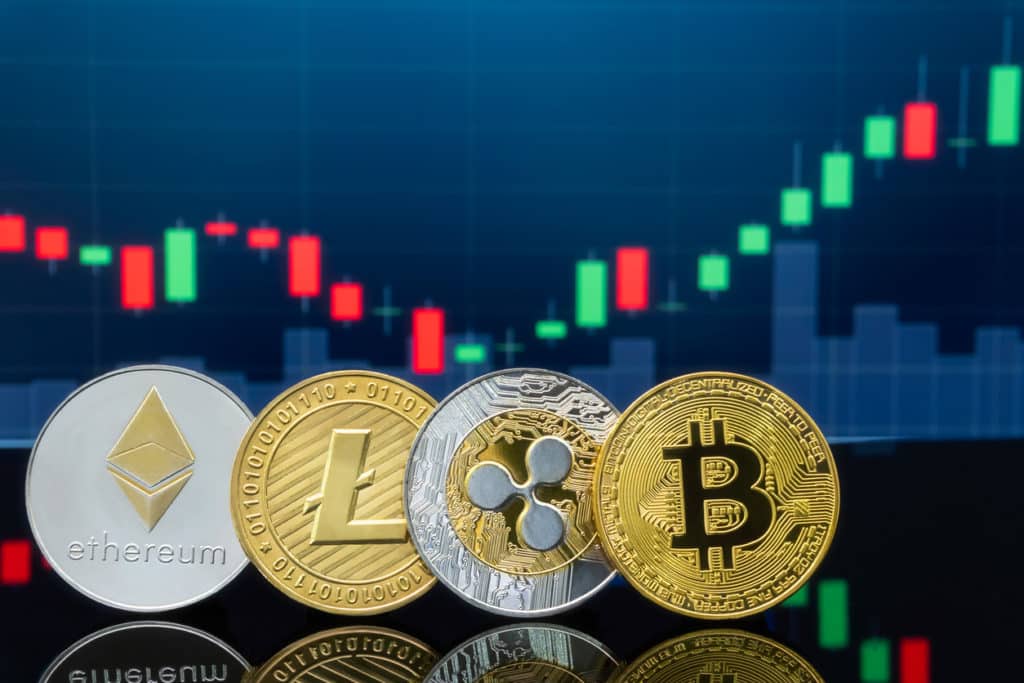
The Alternative Investment Management Association (AIMA) and PwC have published new research that explores the evolving digital assets investment landscape for hedge funds.
In its sixth year, the report aims to explore the evolving digital assets investment landscape for hedge funds.
Key findings:
- Digital asset investments rise as regulatory clarity and ETFs boost confidence: Nearly half (47%) of traditional hedge funds surveyed this year have exposure to digital assets, up from 29% in 2023 and 37% in 2022, driven by increased regulatory clarity and the launch of spot cryptocurrency ETFs in Asia and the U.S. Among those already invested, 67% plan to maintain the same level of capital employed while the remaining 33% plan to invest more capital by the end of 2024.
- More sophisticated investment strategies, shifting to derivatives: There has been a notable shift towards derivative trading in digital assets by traditional hedge funds, with its use rising to 58% in 2024 (up from 38% in 2023), while spot trading dropped to 25% this year after peaking at 69% last year. This signals growing sophistication in hedge fund strategies.
- Growing interest in tokenization despite regulatory challenges: Interest in fund tokenization is also growing, with 33% of hedge fund respondents either committed to or exploring tokenization, compared to around a quarter of traditional hedge funds last year. Among digital asset focused hedge funds, 12% are already investing in tokenized assets, although regulatory challenges remain the biggest hurdle to wider adoption.
- Rising institutional client demand: 43% of traditional hedge funds—whether invested or not in digital assets—are seeing increased interest from institutional clients. Currently, family offices and high-net-worth individuals (HNWIs) remain the largest investor categories in digital asset focused hedge funds, followed by fund of funds.
- Hedge fund sector remains cautious: Despite the industry’s growth, many traditional hedge fund managers remain hesitant, with 76% of those not currently invested in digital assets unlikely to enter the space within the next three years, up from 54% in 2023. The top barrier, cited by 38% of funds, is the exclusion of digital assets from investment mandates, rising from fourth place last year. While regulatory uncertainty remains a key concern, it has eased somewhat due to the adoption of clearer regulatory frameworks like the EU’s MiCA.
James Delaney, Managing Director, Asset Management Regulation, AIMA, said: “The findings from this year’s report indicate a steady recovery in confidence over the past year. Institutional investors are showing renewed interest, driven by several key factors including increased regulatory clarity, such as the European Union’s MiCA [Markets in Crypto-Assets] regulation, advancements in infrastructure, and the approval of new products like spot bitcoin and ether ETFs by the US Securities and Exchange Commission. There’s also growing attention on the longer-term use of blockchain technology – or tokenization – to support efficiencies within asset management. At AIMA, we continue to support the institutionalization of this rapidly evolving asset class through advocacy, operational guidance, and educational initiatives.”
Source: AIMA






